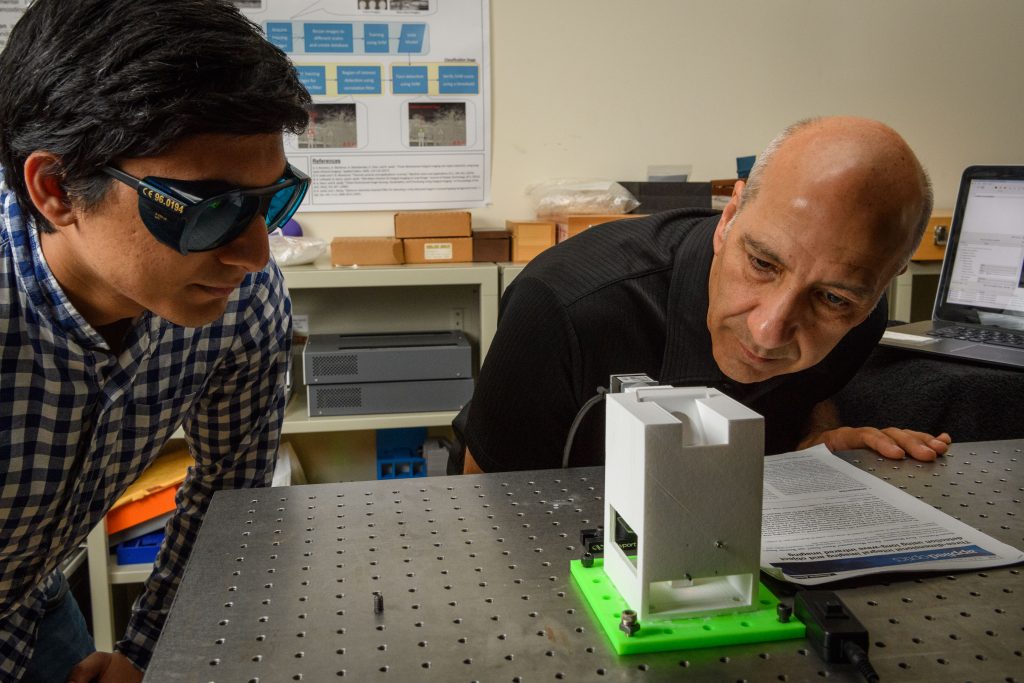Research & Discovery
Navy Using New UConn Software to Improve Navigation
The Navy is using new software developed by UConn engineering professor Krishna Pattipati to vastly improve the ability to route ships through unpredictable situations.
November 7, 2017 | Kristen Cole
Despite Progress, Most Food Advertising to Kids Still Unhealthy
'Ten years after the launch of food industry self-regulation, food advertising to children remains far from the goal of supporting healthful diets.'
November 6, 2017 | Daniel P. Jones, UConn Rudd Center
Booze and Pot in Teen Years Lessen Life Success
Young adults dependent on marijuana and alcohol are less likely to achieve adult life goals, according to new research by UConn Health scientists.
November 5, 2017 | Kim Krieger
Tanning Beds and Risky Behavior Linked – in Men
Even though men use tanning beds at lower rates than women, men who tan tend to do it in riskier ways, according to a new study by UConn researchers.
November 2, 2017 | Kim Krieger
Living on the Edge Not for All Species
A new study finds that as tropical forests become increasingly fragmented, some species are at an ever-increasing risk for extinction, especially those that depend on the forest core.
November 1, 2017 | Elaina Hancock
Researchers Discover Super-Elastic Shape-Memory Material
Materials science and engineering professor Seok-Woo Lee and his colleagues have discovered super-elastic shape-memory properties in a material that could be used in the harshest of conditions, such as outer space.
November 1, 2017 | Jessica McBride, Office of the Vice President for Research
Aged DNA May Activate Genes Differently
New UConn Health/JAX GM research shows that as we age, some sections of our chromosomes curl and close up, making it harder for cells to access genes critical to defending against disease.
October 31, 2017 | Kim Krieger
Portable Microscope Makes Field Diagnosis Possible
A portable holographic field microscope developed by UConn optical engineers offers medical professionals a fast and reliable tool for the identification of diseased cells.
October 30, 2017 | Colin Poitras
Many Americans Blame Themselves for Weight Stigma
A new study by the Rudd Center for Food Policy and Obesity at UConn shows that many individuals who are targets of weight bias blame themselves for the stigma they experience.
October 30, 2017 | Daniel P. Jones, UConn Rudd Center
‘Health Halo’ Effects of Food Ads Can Mislead Kids
A new UConn Rudd Center study shows that healthy lifestyle messages in food ads can make unhealthy products seem healthier to children.
October 27, 2017 | Daniel P. Jones, UConn Rudd Center









